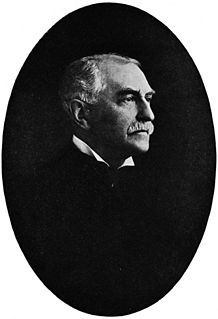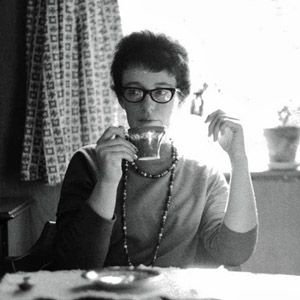A Quote by Paulo Freire
The intellectual activity of those without power is always characterized as non-intellectual.
Related Quotes
The moral faculties are generally esteemed, and with justice, as of higher value than the intellectual powers. But we should always bear in mind that the activity of the mind in vividly recalling past impressions is one of the fundamental though secondary bases of conscience. This fact affords the strongest argument for educating and stimulating in all possible ways the intellectual faculties of every human being.
Faith is indeed intellectual; it involves an apprehension of certain things as facts; and vain is the modern effort to divorce faith from knowledge. But although faith is intellectual, it is not only intellectual. You cannot have faith without having knowledge; but you will not have faith if you have only knowledge.
The intellectual is not defined by professional group and type of occupation. Nor are good upbringing and a good family enough in themselves to produce an intellectual. An intellectual is a person whose interest in and preoccupation with the spiritual side of life are insistent and constant and not forced by external circumstances, even flying in the face of them. An intellectual is a person whose thought is nonimitative.
Since the Greeks the predominant attitude of thinkers towards intellectual activity was to glorify it insofar as (like aesthetic activity) it finds its satisfaction in itself, apart from any attention to the advantages it may procure. Most thinkers would have agreed with Renan's verdict that the man who loves science for its fruits commits the worst of blasphemies against that divinity. The modern clercs have violently torn up this charter. They proclaim the intellectual functions are only respectable to the extent that they are bound up with the pursuit of concrete advantage.
Disgust is expressed by violence, and it is to be noted of our intellectual temper that violence is a quality which is felt to have a peculiarly intellectual sanction. Our preference, even as articulated by those who are most mild in their persons, is increasingly for the absolute and extreme, of which we feel violence to be the true sign. The gentlest of us will know that the tigers of wrath are to be preferred to the horses of instruction and will consider it intellectual cowardice to take into account what happens to those who ride tigers.
Many a man renounces morals, but with great difficulty the conception, 'morality.' Morality is the 'idea' of morals, their intellectual power, their power over the conscience; on the other hand, morals are too material to rule the mind, and do not fetter an 'intellectual' man, a so-called independent, a 'freethinker.'
Instead of responding to these attacks with a vigorous intellectual counterpunch, many believers grew suspicious of intellectual issues altogether. To be sure, Christians must rely on the Holy Spirit in their intellectual pursuits, but this does not mean they should expend no mental sweat of their own in defending the faith




































